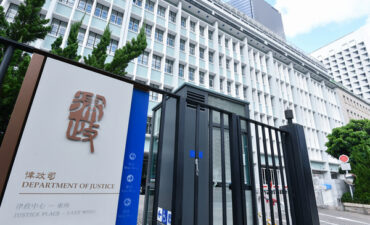MOSCOW: The Bank of Japan, the country’s central bank, said on Friday it had decided to keep an interest rate at the negative level of -0.1 per cent amid slowing inflation, reported Sputnik.
“The Bank will apply a negative interest rate of minus 0.1 per cent to the Policy-Rate Balances in current accounts held by financial institutions at the Bank,“ the bank’s statement on monetary policy read.
In addition, the regulator is planning to purchase the necessary number of government bonds and continue targeting the yield of 10-year government bonds at about 0 per cent. At the same time, the Japanese central bank set the range of fluctuations in the yield of 10-year government bonds at plus and minus 0.5 percentage points from the target level, saying that these limits were a guideline, not a strict framework.
The bank also decided to maintain annual purchases of exchange-traded funds (ETFs) and Japan’s real estate investment trusts (J-REITs) at around 12 trillion yen (US$81 billion) and about 180 billion yen, respectively.
Meanwhile, the inflation rate in Japan decreased to 3.2 per cent in August from 3.3 per cent in July, the Trading Economics agency reported on Friday, adding that the consumer prices increase in August had been less than in July (0.3 per cent versus 0.5 per cent).
Basic consumer prices in the country, which do not include the cost of perishable food products, rose by 3.1 per cent year-on-year, compared to the forecast 3 per cent. In monthly terms, basic consumer prices rose by 0.2 per cent.
Following the bank’s decision on the interest rate and reports about slowing inflation, the value of the yen against the US dollar declined on Friday morning to 148.18 yen for US$1 (as of 06: 19 GMT), as opposed to 147.58 yen at the exchange closing on Thursday.
The Japanese government is mulling all possible measures in the event of increased market volatility, Japanese Finance Minister Shunichi Suzuki told a press conference. He also said that the Japanese Finance Ministry remained in close contact with monetary regulators of other countries, including the United States. -Bernama









